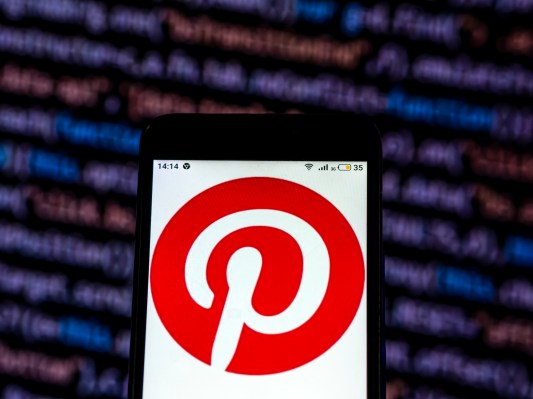Pinterest announced a new ad deal with Google as the company aims to ramp up its ad revenue. Google is the social platform’s second third-party ad partner after Amazon signed a multiyear deal with Pinterest last year.
The company talked about the Google partnership during the earnings call for Q4 2023, where it posted results below analyst expectations. Pinterest’s revenue for the period was $981 million with 12% year-on-year growth, while monthly active users jumped to 498 million with 11% year-on-year growth.
Pinterest’s stock dipped nearly 28% because of below-expectation revenue but recovered after CEO Bill Ready announced the Google deal. He said that the company started rolling out the new ad integration a few weeks ago, and it is already seeing positive results.
“This partnership will focus on monetizing several of our currently unmonetized international markets by enabling ads to be served on Pinterest via Google’s Ad Manager. We went live a couple of weeks ago, and this is starting to ramp up. Third-party ad demand is scaling as we anticipated,” he said.
Ready noted that Pinterest has 80% of users outside the U.S. but they only represent 20% of revenue. He said that the Google partnership will help increase the average revenue per user in international markets.
Growing audiences
The Pinterest CEO talked about leveraging AI and new formats to build up userbase and engagement. He said the company rolled out the collage feature, which allows users to use stickers and objects to create a new image, to all iOS users globally. The company said that 75% of colleges have a shoppable product pin, but it didn’t say anything about conversion figures.
Last year, the company also launched an auto-organizing feature for users, which recognizes similar pins and nudges users to create boards. The feature led to a 30% increase in boards created on the social platform.
Ready also said that the company’s generative AI-based search guides help users hone their queries and get them closer to “the point of action or purchase.”
Last November, Pinterest started experimenting with a new tool to incorporate body type ranges in search to make results more inclusive.
